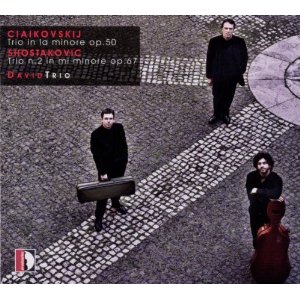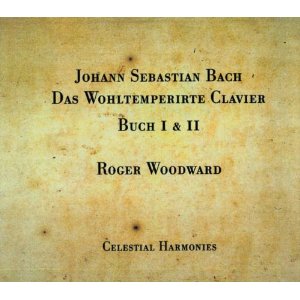How can even a generously proportioned documentary do justice to one of the musical world’s greatest life forces? John Bridcut knows what to do: make sure all your interviewees have a close personal association with your chosen giant in one of his many spheres of influence, then get cellist-disciples from Rostropovich’s Class 19 in the Moscow Conservatoire – here Moray Welsh, Natalia Gutman, Karine Georgian and Elizabeth Wilson - to watch and listen to their mentor talking and playing. The result is a towering model of its kind.
In Italian opera, where lustrous Verdi mezzos are rare indeed, Olga Borodina tends to a first-the-music-then-the-words approach. In Russian song, the sole focus of last night's Barbican recital until the second encore, her classy, naturally inflected and beautifully coloured realisation of great as well as more generic native poets leaves you in no doubt what you're supposed to feel and think.

William Glock once claimed that Pierre Boulez could literally vomit at music he believed to be substandard. I wonder what he would have made of my friend, who fled at the interval of the opening concert of the Southbank festival on Friday blaming Boulez's Domaines for setting off a panic attack. Her physical response was certainly a welcome corrective to the nonchalance with which the critical world increasingly greets Boulez's language, many of whom still insist that the days of serialism provoking anger or revulsion are in the distant past. Boulez can still upset.



It was bound, in vocal terms, to be a case of Beauty and the Beast. Stefan Vinke, though useful for killer heroic-tenor parts like this one in Mahler’s Song of the Earth, has made some of the ugliest sounds I’ve heard over the past few seasons, ineffable mezzo Alice Coote many of the loveliest, and with great communication, too. The wild card was fitfully engaged old-master conductor Lorin Maazel: would he stop dragging the Philharmonia behemoth-like behind him and let it be the bird of paradise Coote needed to share her deepest meditations?
After producing an overwhelming performance of Mahler’s colossal Second Symphony, rewarded by a 10-minute standing ovation from a packed house, the new chief conductor of the BBC Philharmonic could not be accused of easing himself into the job. One might have thought that Juanjo Mena (pronounced Huanho Mayna, being Basque) might have started off with a splash of Spanish colour, with Rodrigo and De Falla, which must be in his blood. But no, although that will come in his next concert.



Some great singers know how to modulate their beautiful instruments for long vocal life; others push technique and expression to the limits in countless concerts of a lifetime before burnout. Baritone Christian Gerhaher, it seems, belongs to the beautiful and the secure. I'm glad to have heard his Winterreise, a far from lonely journey given the partnership of pianist Gerold Huber, but it always felt like a songbook entrusted to a calm exponent of truth and wisdom rather than the first-person narration of Schubert's heartbroken winter wanderer.
How odd that Musorgsky, a composer sanctified beyond his very individual deserts for making social statements in his art, should be feted by an orchestra, or rather an orchestral management, which says music and politics don't mix.

The queues weren't quite Proms-sized but they were long enough for the little old Wigmore Hall to seem more than a little overwhelmed. Expectations were immense. The past year has seen baritone Christian Gerhaher cast a singular spell over London audience, through his introduction of a touch of intense Lieder-style intimacy to the orchestral and operatic stages. No wonder then that there was such a palpable buzz as we awaited his appearance in his natural Lieder habitat for a performance of Die schöne Müllerin at the Wigmore Hall.

